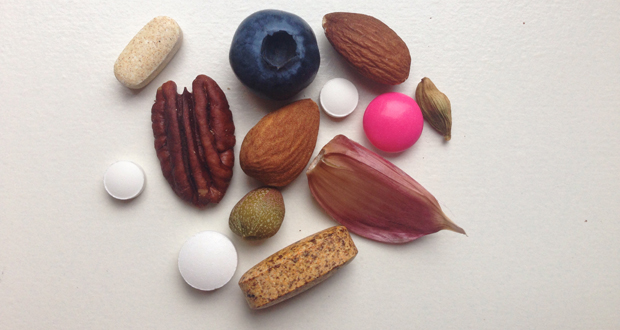A balanced diet has always been the pathway to good health. Yet anxieties about it have fuelled the unstoppable growth of complementary medicines and “functional foods”, called nutraceuticals (the standard spelling) – rather than nutriceuticals, as you might expect, if their food value was really salient. The term nutraceuticals covers several different categories of item, including “isolated natural substances” (e.g. “green-lipped mussel extract”), food additives, and dietary supplements such as vitamin pills. The definition of nutraceuticals in the Oxford English Dictionary online refers to their beneficial physiological effects, although their claims to promoting good health are often dubious, not based on double-blind testing of the product that mainstream pharmaceuticals must go through. All in all, they do not seem to fit the categories of food or medicine. Yet there’s room for new products that might qualify one way or the other. For example, a powdered form of broccoli to dust on your cappuccino, which offers a way of ingesting the health benefits of a brassica for those challenged by green vegetables on the plate. It could usher in a whole new category of “vegeceuticals”, to be incorporated in breakfast cereals and ensure people get their traditional “three veg” at the start of the day.
Please login below to view content or subscribe now.
 Campus Review The latest in higher education news
Campus Review The latest in higher education news

